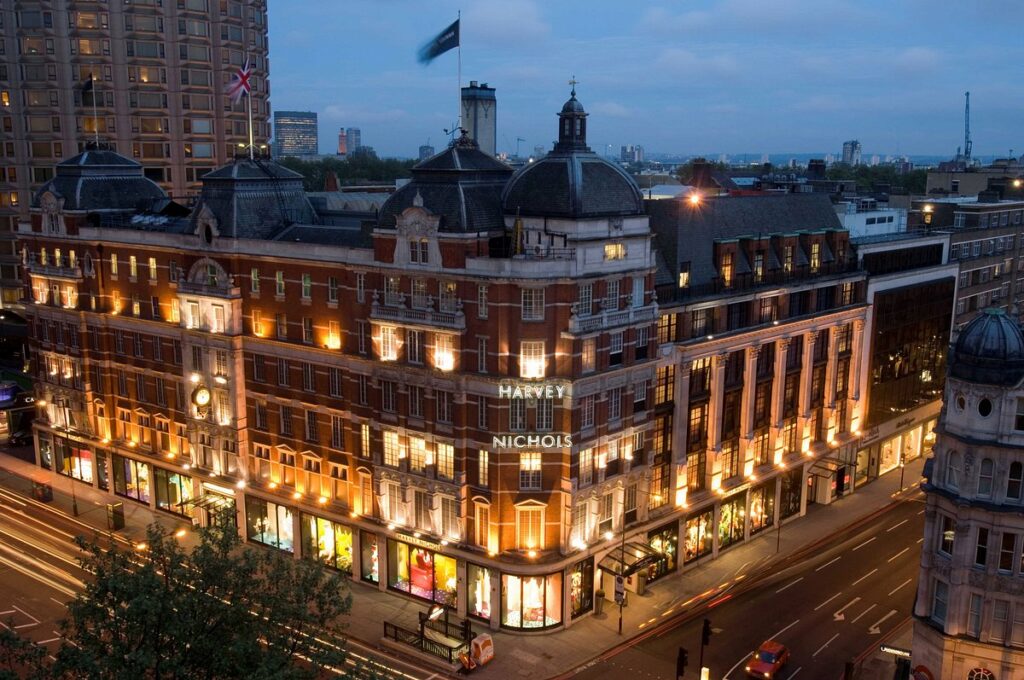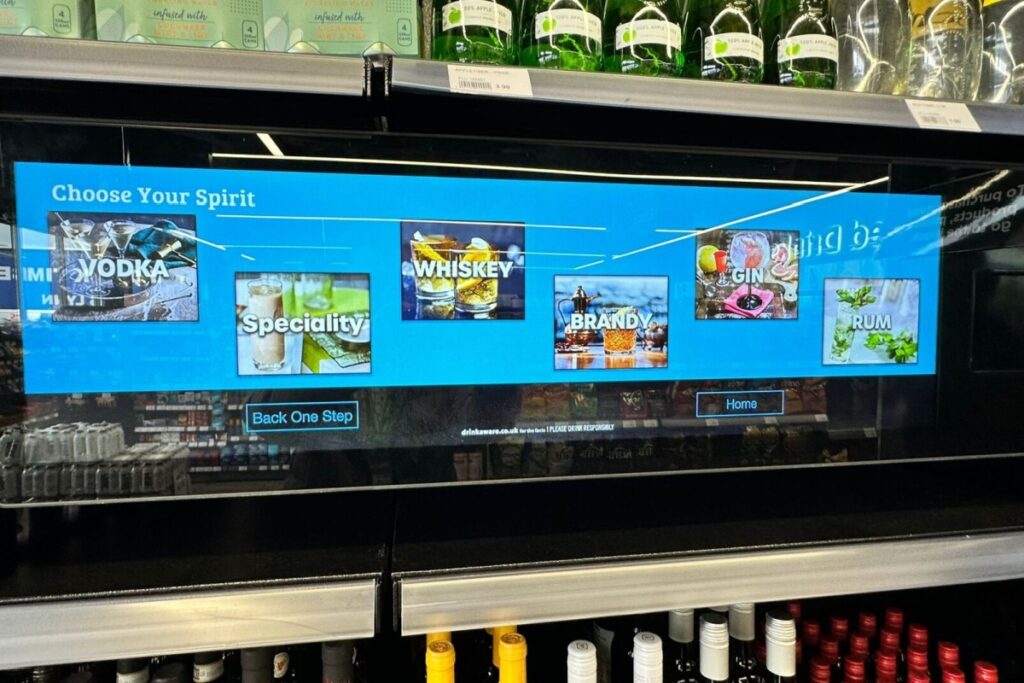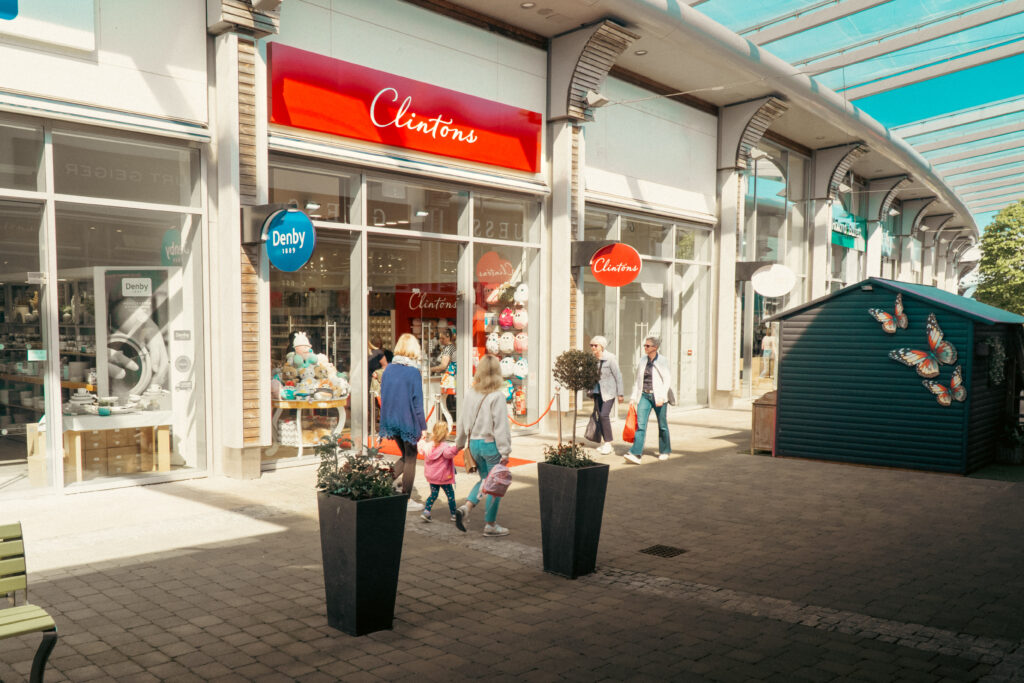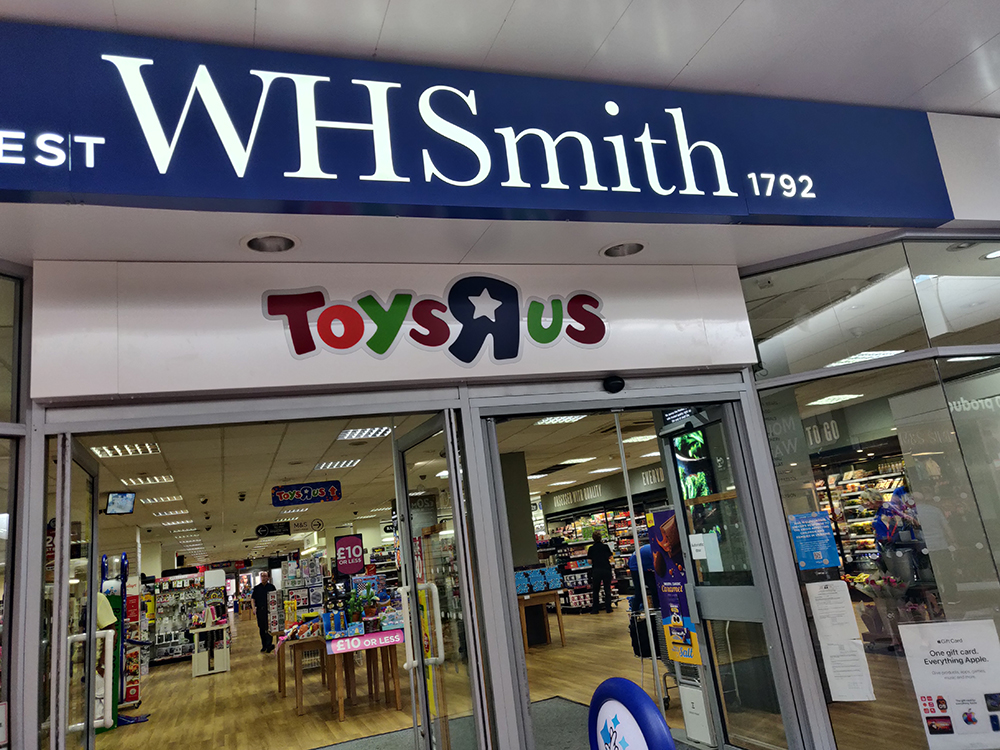2022 has brought its fair share of thrills and spills in retail, including high profile collapses, acquisitions and new strategic moves.
As the year draws to a close, Retail Gazette takes a look back at the biggest stories in the sector over the past 12 months.
The collapse of the pureplays

When the Covid-19 pandemic hit, online retail thrived as shoppers took advantage of their one way of buying non-essential goods.
However, 2022 proved that the growth levels seen online could not be sustained as shoppers headed back to the high streets when restrictions were lifted.
The travails of many online players resulted in plunging share prices across the sector, which have wiped millions off the value of businesses that just a year or two ago were soaring.
The conditions proved too much for some pureplays, which collapsed into administration. This included Eve Sleep and Made.com, which just last year got away a £775 million flotation but was bought out of administation by Next for £3.4 million.
Next Vs Frasers
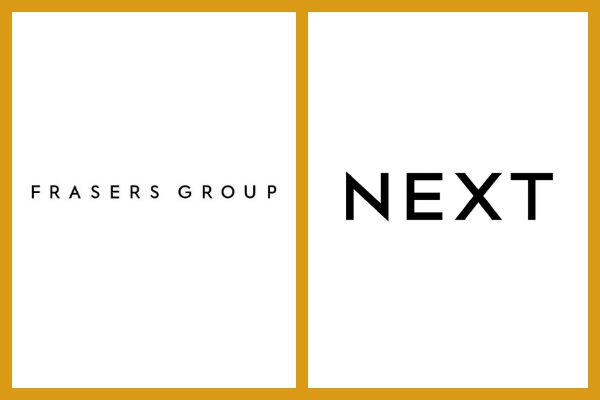
The year has seen its fair share of retail casualities and there have been two retail giant’s there to scoop up collapsed businesses.
Next and Frasers Group have continued to position themselves as the industry’s biggest buyers of brands in distress, snapping up nine retailers between them.
In one of the biggest acquisitions of the year, Next bought Joules in a £34 million deal earlier this month after it collapsed into administration, just weeks after it beat off a host of competition to snap up Made.com.
Meanwhile, Frasers brought a raft of new retailers into its empire, including Missguided, Studio Retail, ISawItFirst.com, and Gieves & Hawkes.
And just last week it added to that tally by acquiring 15 fashion brands from JD Sports, including Pretty Green, Tessuti and Scotts.
With the tough trading conditions set to continue into 2023, more retailers are expected to fall by the wayside. Expect these retail goliaths to buy more brands to plug into their growing platform businesses.
Find how big Next and Frasers Group have grown here.
Aldi joins the Big Four
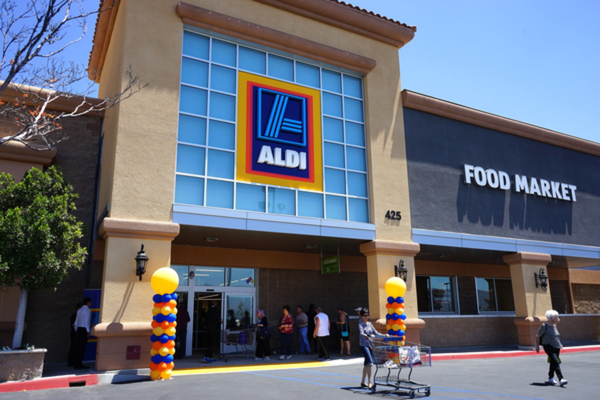
The direction of travel has been plain to see but in September this year it finally happened. UK grocery’s Big Four, which just a decade ago seemed immovable, welcomed Aldi into its ranks as it replaced Morrisons.
The phenomenal rise of Aldi has been well-documented and its success was no doubt helped by the cost-of-living crisis, which provided a catalyst for growth.
In the 12 weeks to September 12, on the back of a 18.7% sales rise, the discounter’s market share rose by 1.2 percentage points. This took its UK grocery market share to 9.3% from 8.1% a year ago, according to data from Kantar Worldpanel.
Meanwhile, Morrisons’ sales fell 4.1% over the same period, with its share falling to 9.1% from 9.8%.
Aldi’s new Big Four position reinforces how the discounters are no longer upstarts that appeal to a small section of society.
In a short amount of time, Aldi – and rival Lidl – have become a destination where many consumers, from all walks of society, do their main grocery shop.
Since September, Aldi has continued to soar with sales up 24.4% in the 12 weeks to 27 November. Meanwhile, Lidl is also chomping at the bit with sales up 22% during the same period, pushing its market share to a record 7.4%.
With the discounter duo still on a store expansion spree, Tesco, Sainsbury’s and Asda will be looking behind their shoulder as Aldi and Lidl’s market shares continue to grow.
Marketplace fever

From PrettyLittleThing to Mountain Warehouse and Superdrug – retailers across fashion, beauty and sports all hopped onto the marketplace bandwagon this year in a bid to expand their product offerings via third-party sellers.
According to a report by OC&C Strategy Consultants, the online marketplace model is set to grow by 15% annually as it drives the largest fundamental shift in consumer spending since the emergence of ecommerce back in the 1990s.
The research predicts that by 2025, spending through leading online marketplaces will overtake the majority of ecommerce outlets so it’s no surprise retailers are trying to capitalise on the trend.
Even Shein is looking to redesign its business to compete with the world’s biggest online players, including Amazon and Alibaba.
The fightback against American candy stores
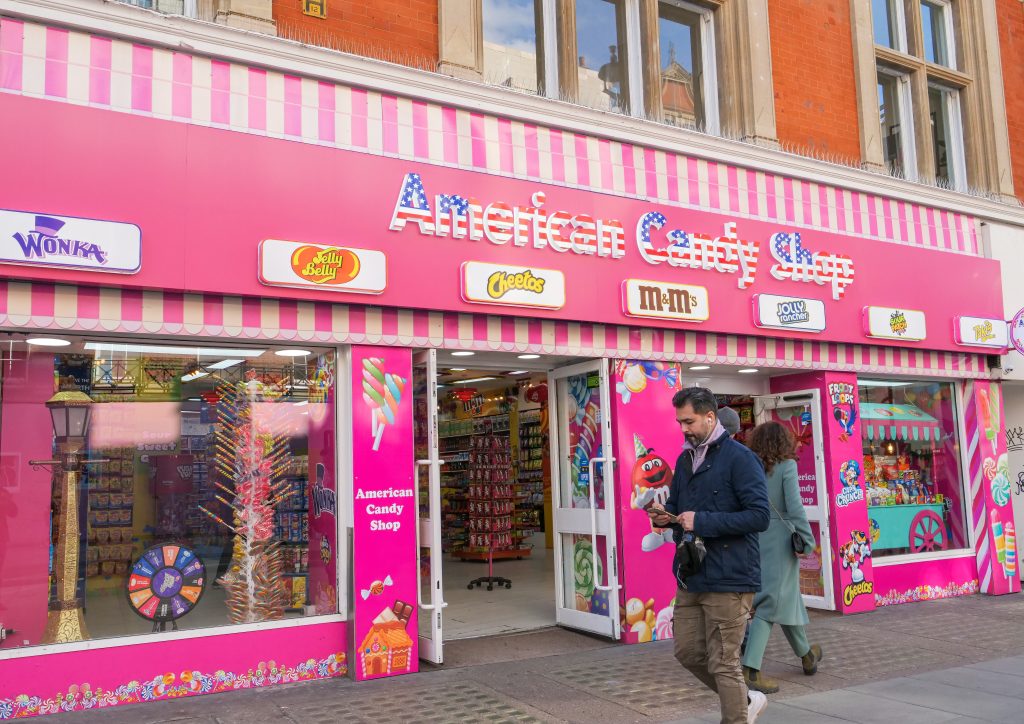
Any shopper in central London will have noticed the raft of American candy shops that have taken over the west end, with no fewer than 30 in and around Oxford Street.
M&S CEO Stuart Machin warned earlier this year that the famous shopping street was at risk of becoming a “dinosaur district destined for extinction” and is falling prey to a “growing proliferation of tacky candy stores”.
However, Westminster Council has taken action this year.
In June, news first broke that Oxford Street’s American candy shops were being investigated after claims that they failed to pay £7.9 million in business rates.
Since then, there have been several raids on the stores with the council seizing hundreds and thousands of pounts worth of counterfeit and illegal goods.
Thanks to the clampdown on trading standards and legal action, a third of American candy stores on London’s Oxford Street have been closed down in recent months, according to Westminster City Council.
More action is expected is expected in the year ahead.
To read more about the rise of American candy stores, read through our full investigation here.
Asda’s push into convenience
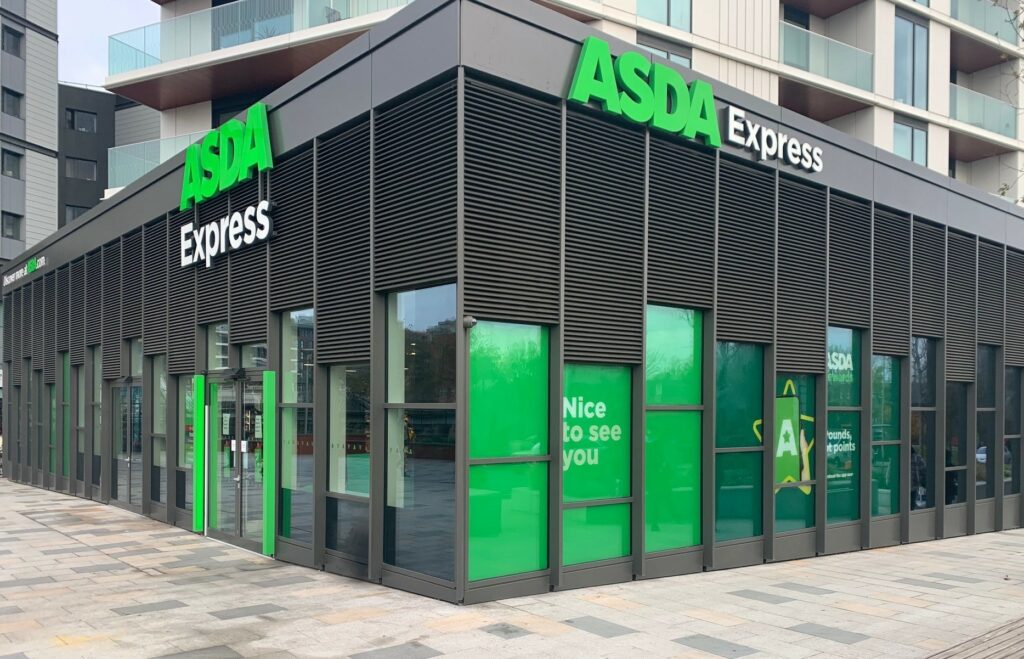
Since billionaire brothers the Issas snapped up Asda in 2020, all in grocery retail have been waiting to see their grand plans for growth.
It been clear this year that convenience, the fast-growing part of the sector that Asda had previously opted not to play in, was at the heart of these plans.
The grocer launched its Asda Express convenience format in November in Sutton Coldfield.
It followed this up with a second Asda Express in London’s Tottenham Hale this month and has big plans for the format.
It plans to open 300 convenience stores by the end of 2026.
Asda also bought 132 store convenience stores from Co-op earlier this year, and has grown its roadside format Asda on the Move to more than 50 stores as the Issas looks to convenience as the key to overtaking Sainsbury’s as the UK’s second largest supermarket.
John Lewis ditches Never Knowingly Undersold
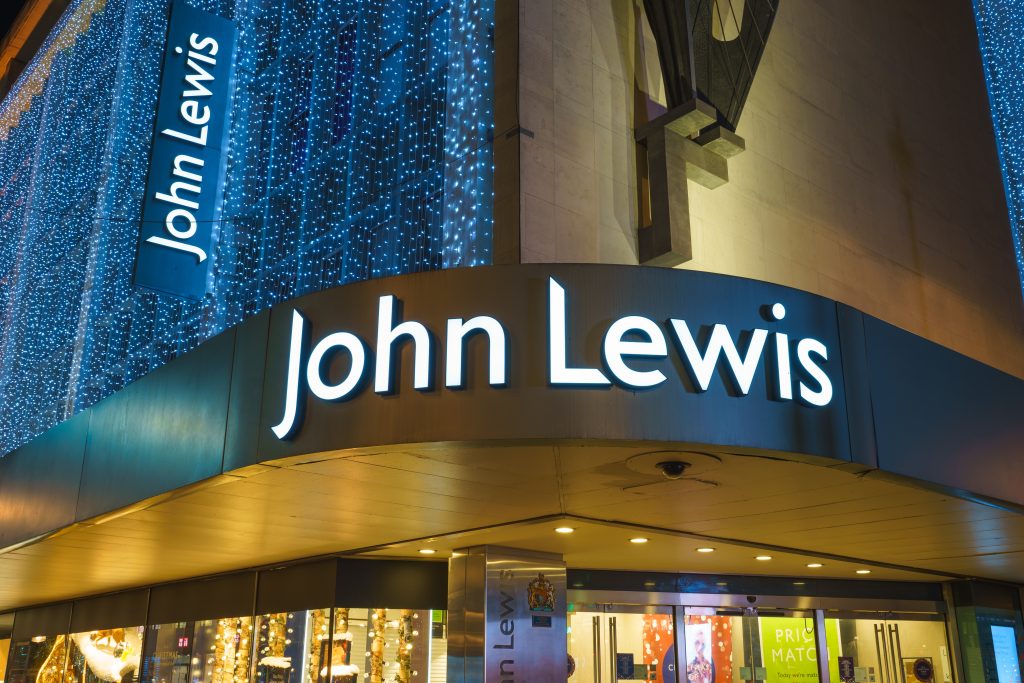
At the start of the year, John Lewis confirmed it would ditch its 97-year-old Never Knowingly Undersold price promise.
Under the pledge, the retailer committed to refund customers the difference if they find the same item on sale elsewhere for a lower price within 28 days.
However, the fact that Never Knowingly Undersold did not apply to online sales, where more than half of John Lewis’s own sales come via, meant it was “longer enough to assure trust”, according to the retailer.
Instead, the department store vowed to invest £500 million into “great value prices” over the year, which it said was 25% more than in 2021.
In September, John Lewis unveiled a new slogan, which replaced the price promise, ‘for all life’s moments’.
However, the response to the new slogan from some retail experts and marketers was lacklustre. Read: John Lewis’s new strapline met with resounding ‘meh’
Primark goes online
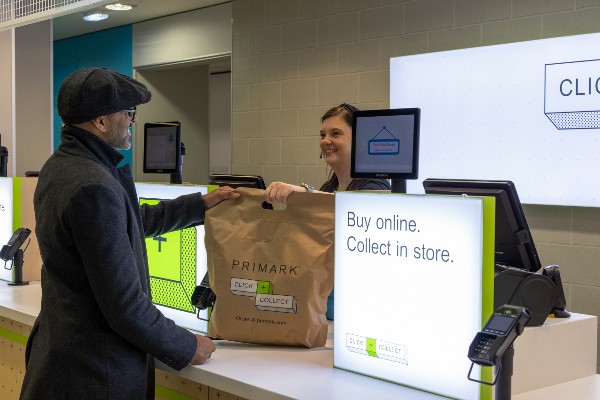
Last month, Primark customers rejoiced as the value retailer finally started selling online.
The retailer launched its click-and-collect trial just in time for Christmas, which went live in 25 stores across the North West of England, Yorkshire and North Wales.
Shoppers can now head online to shop from an extensive range of kids’ products across clothing and nursery, before collecting in their nominated store – although the move wasn’t exactly smooth sailing as sky-high demand crashed the Primark website on launch day.
All eyes will be on the value fashion giant to see whether the trial is successfull and widened across more stores and cateogries next year.
Morrisons’ £190m takeover of McColl’s
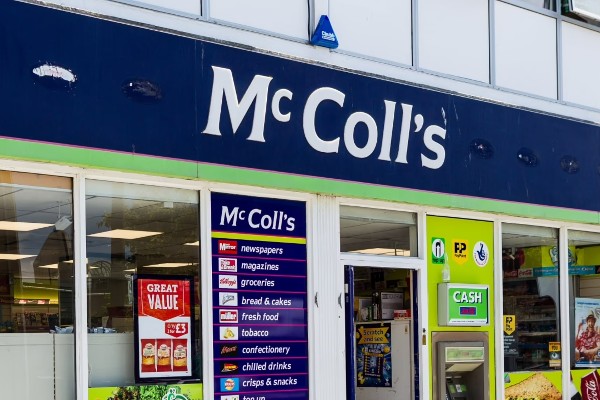
Another high profile collapse and acquisition over the year was that of McColls.
The convenience store fell into administration in May following rising costs due to supply chain disruption, inflation and its large debt burden.
Morrisons won a fierce battle to buy the convenience chain, beating rival Asda with a last-minute £190m rescue deal.
The acquisition makes complete sense as McColl’s was Morrisons’ biggest wholesale client and the pair had a joint venture of 270 Morrisons Daily stores.
The deal was inevitably probed by the CMA but was approved in October after Morrisons agreed to sell 28 McColl’s stores.
However, the grocery giant revealed last month that it will close more than 100 McColl’s stores after identifying 132 stores that have “no realistic prospect of achieving a breakeven position in the medium term”.
It does have plans to accelerate its conversion of McColl’s stores to the Morrisons Daily format and will switch the “substantial majority” of McColl’s shops to the fascia within the next two to three years.
Retailers say goodbye to their Russian businesses

Following Russia’s invasion of Ukraine at the start of the year, businesses across the globe ceased trading with the nation, including retailers.
The reputational risk of being seen to still trade with Russia was severe with many consumers outing brands that continued to do so.
What started off as retailers “pausing” their businesses in the country has now turned into full-scale exits as the war has progressed.
Ikea, Nike, H&M and Zara, which had more than 500 shops across Russia, have all permanently exited the country.
Click here to sign up to Retail Gazette‘s free daily email newsletter




